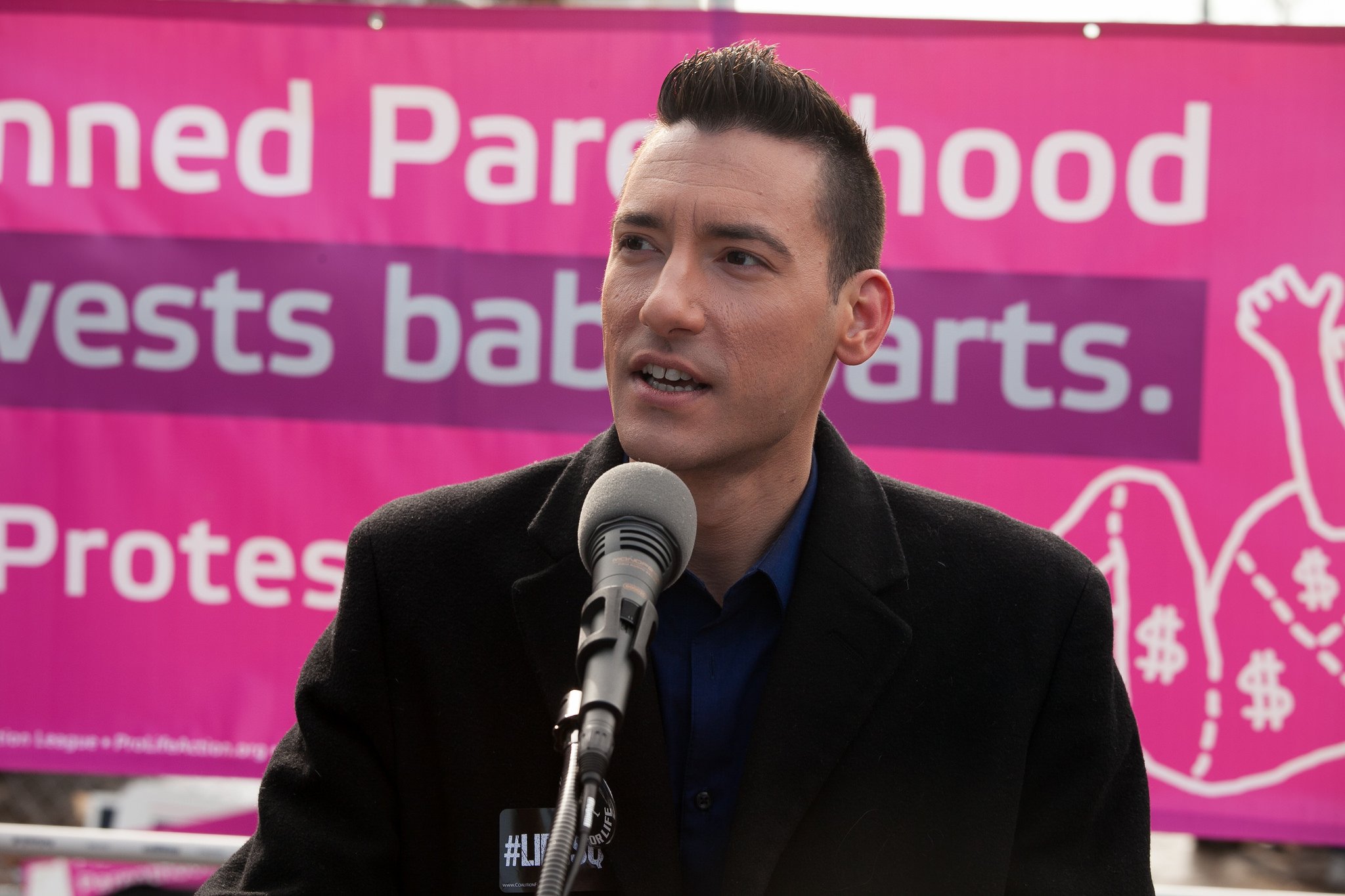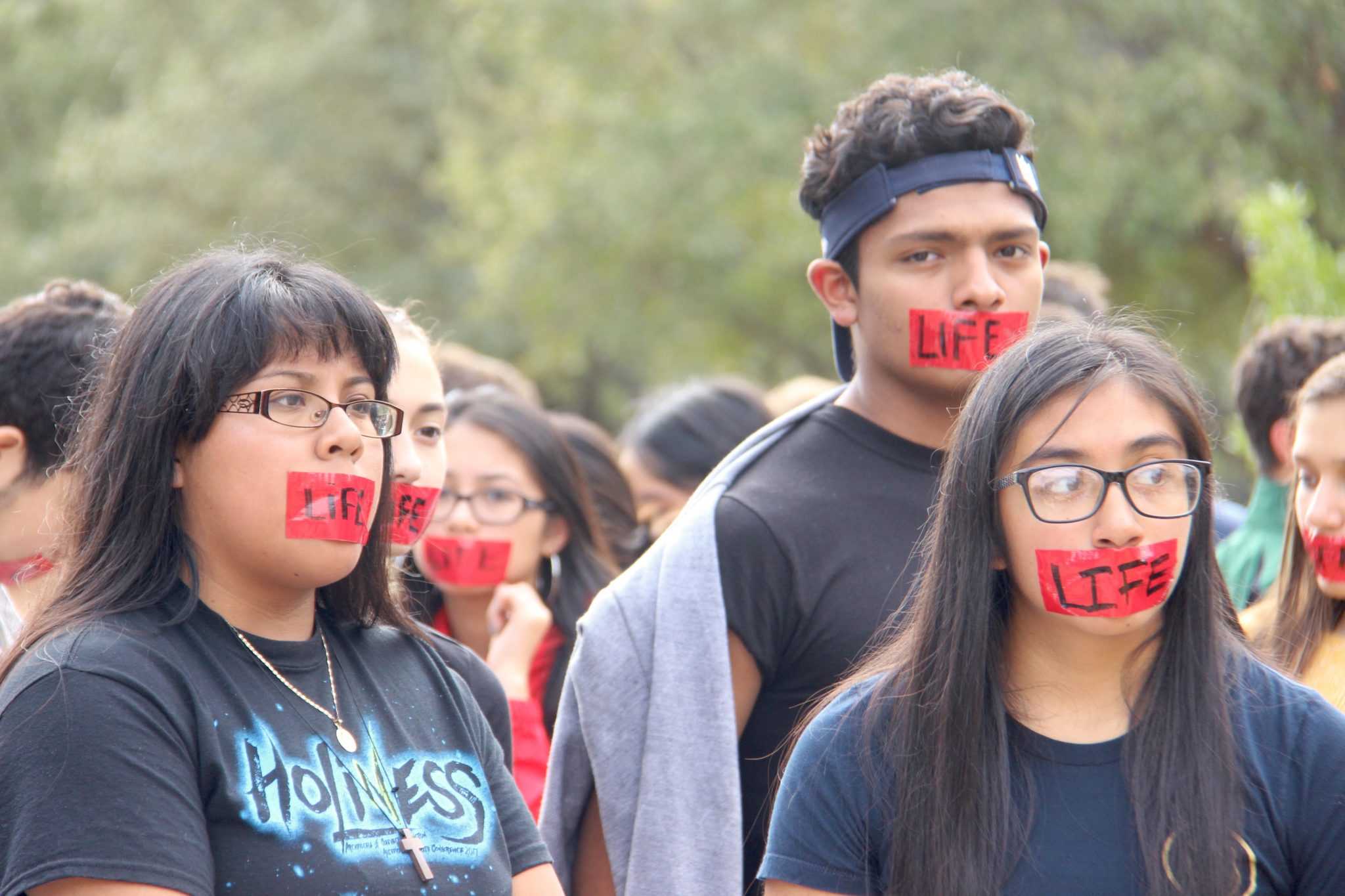
How Anti-Abortion Activists are Training Their ‘Next Generation of Pro-Life Leaders’
College students descended on Houston to learn how to "convert" their peers to oppose abortion and how to "dismantle" Roe v. Wade.
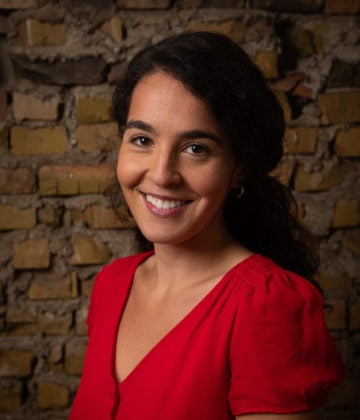
A version of this story ran in the August 2018 issue.
This summer, nearly 30 college students gathered in Houston for a weeklong summit on how they could be the generation to end abortion in America. One day, after a morning prayer, the students attended a training session held by the Abortion Dialogue Academy, an organization disseminating “persuasive pro-life arguments.” The students learned how to convince their peers that abortion is as “unthinkable of an act as infanticide,” and then went to the University of Houston campus to practice their new skills by trying to “convert” people. The day wrapped up at their hotel with a lecture by John Seago, the legislative director for Texas Right to Life, titled “History of Abortion Law and How to Dismantle Roe.”
The students traveled to Houston from across the state to kick off their second year of the Dr. Joseph Graham Fellowship, named for the late founder and president of Texas Right to Life, the more extreme of Texas’ two largest anti-abortion groups. The organization’s decade-old fellowship seeks to “prepare the next generation to advance the Culture of Life” by training students throughout their college career. As statehouses have shifted further right in recent years, and young people have generally shifted left, activists in Texas are preparing an army of students to take up the anti-abortion mantle — both in courtrooms and regular conversations.
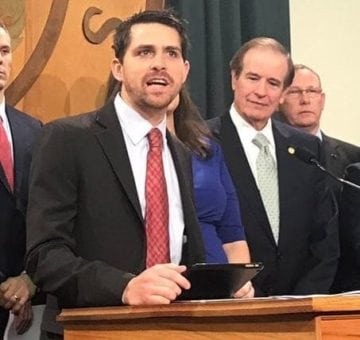
In Houston, the training took a two-pronged approach: how to turn public opinion against abortion, and the legal fight to outlaw the procedure. Seago laid out his plan for the courts, which includes trying to get the U.S. Supreme Court to take up a 2017 Texas law that would ban the most common type of second-trimester abortion. The goal, he said, was to convince the justices to outlaw abortion earlier in pregnancy and give more control to states. The movement’s goal — overturning Roe v. Wade — has never seemed closer.
During Seago’s talk, some students wondered how long it would take to dismantle Roe, which would likely shift power back to the states, while others were already looking to go a step further. “Do you see any future for a national abortion ban?” asked Katherine Procter, president of Pro-Life Aggies at Texas A&M and a summer intern at Texas Right to Life.
Possibly, Seago responded. “But Roe right now is the target.”
The fellowship has grown from about eight students when it began to about 75 now. Participants, who receive $1,000 each semester, must establish an anti-abortion group on campus if one doesn’t exist and complete at least 50 hours per semester of “pro-life projects and events,” including tabling, organizing programs for pregnant students and other events to “change the culture,” said Rachel Bush, a Texas Right to Life education associate. “We want to make abortion unthinkable.”
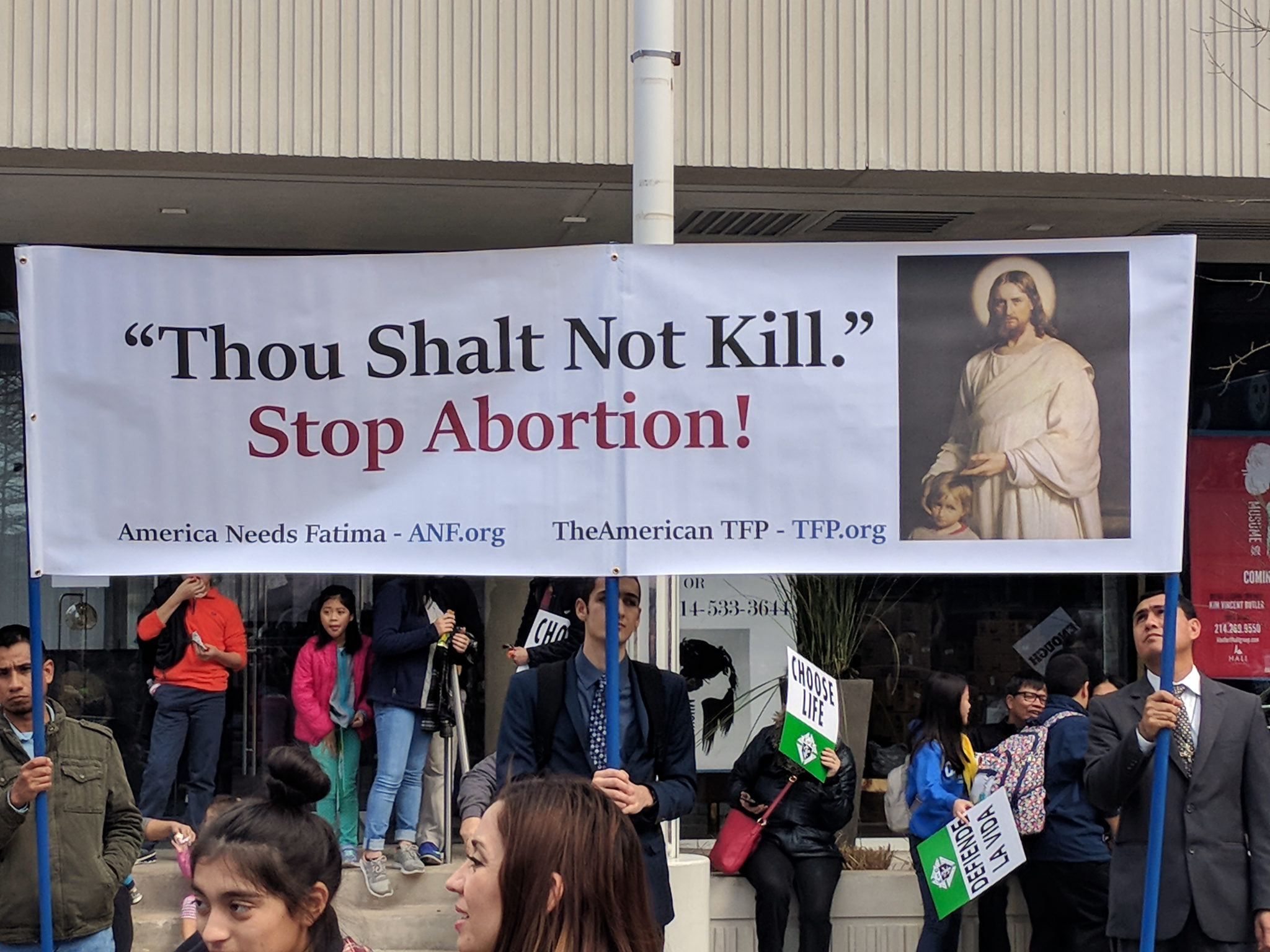
A Quinnipiac poll released this month found that 60 percent of Texas voters believe abortion should be legal in all or most cases — a fact that the student activists know well.
“The culture’s on their side,” said Campbell Smith, a sophomore at Texas Tech, referring to abortion-rights supporters, whose position, she argues, is “based on emotion,” not science. “We’re definitely making headway. … But the hearts and minds aren’t changed yet.”



